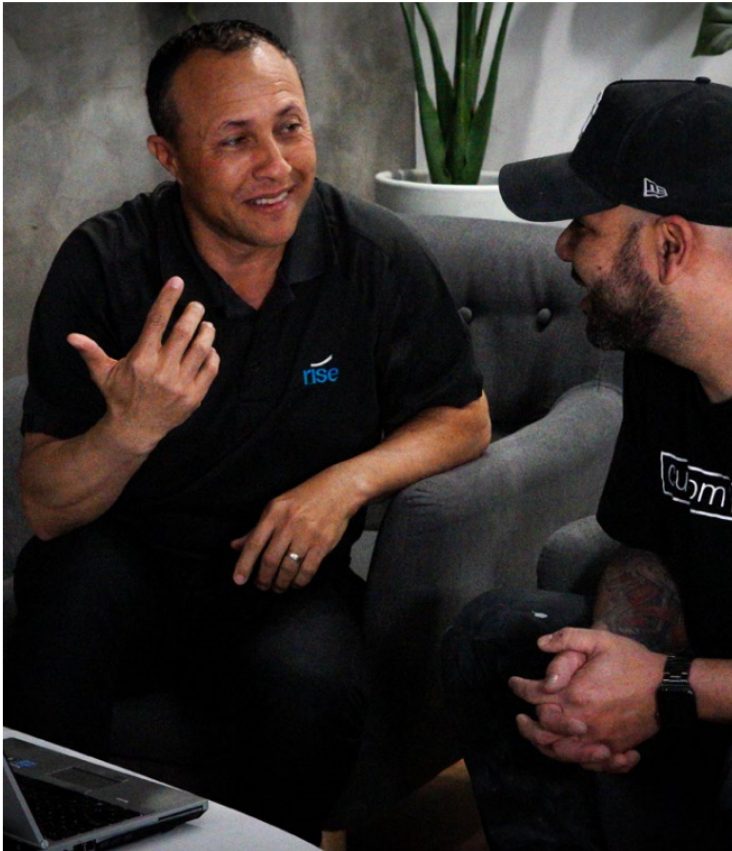
Strategy is focus: Allocate resources where they will do the most good. Work towards your strengths and away from your weaknesses. Develop the company by doing the most important things, according to your long-term objectives.
Strategy is consistent over the long term: Better a mediocre strategy consistently applied over several years, than a series of brilliant strategies. It takes time to develop and implement a strategy, more time for the world to react and turn in the right direction. It’s very hard to stick with a strategy, because the people executing the strategy tire of it long before the rest of the world does.
Your business’ strategy is unique: Context is everything. Formulas and generalizations don’t apply. Understand your situation, both external and internal, and develop your strategy to work towards your strengths and away from your weaknesses. Understand your situation, where you are, and what knobs you can turn. Imagine yourself sitting in the driver’s seat of a vehicle, and recognize that your controls are limited. You have controls for faster and slower, but not for up and down. Look at your business in the same way, understanding what you can do, and what you can’t do.
Understand the problem of displacement: Strategy is subject to displacement, meaning that everything you do rules out something else that you can’t do. Drop a brick into a full pail of water and watch what happens: splashing. That’s displacement. Small business strategy has to deal with displacement.




